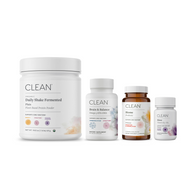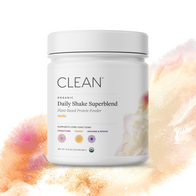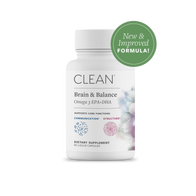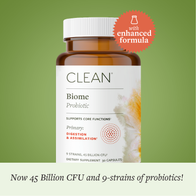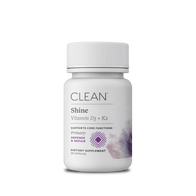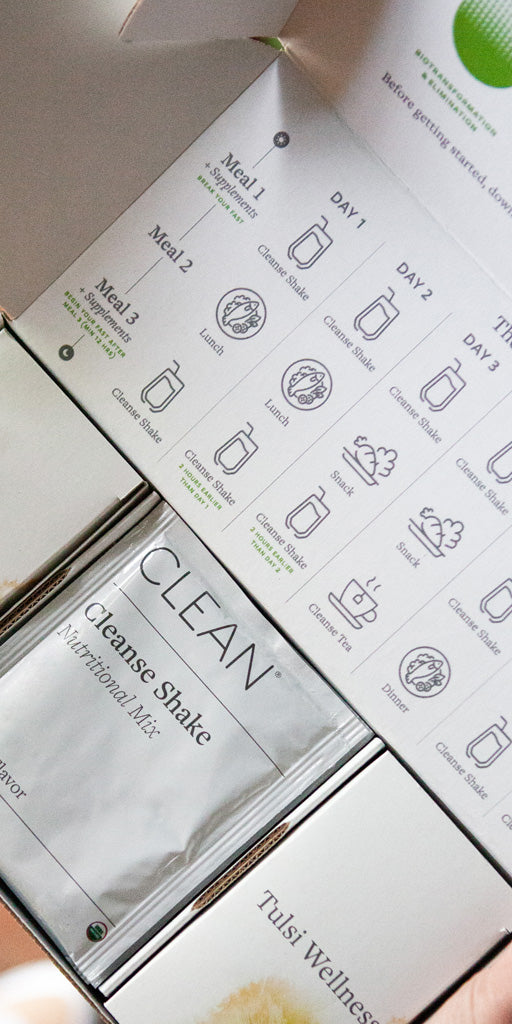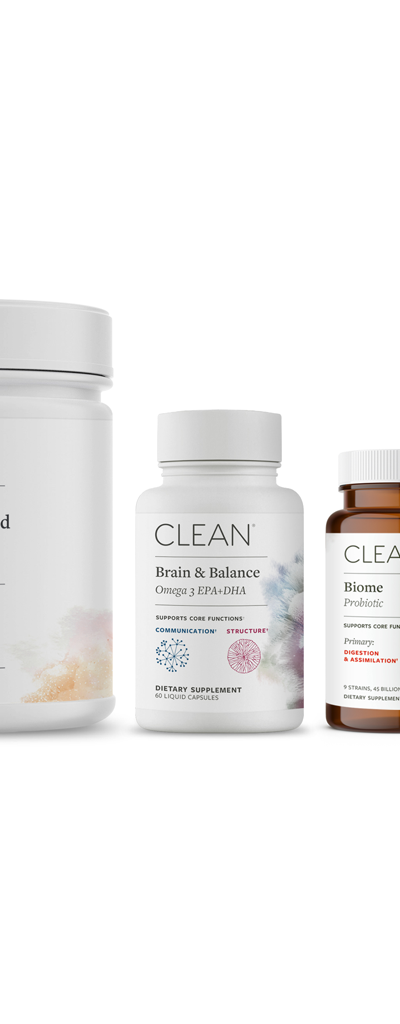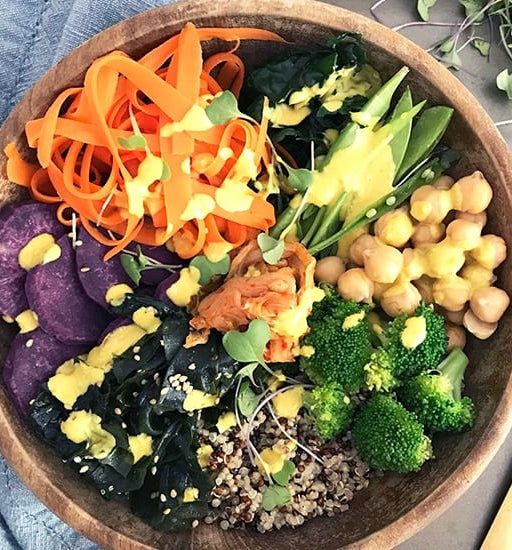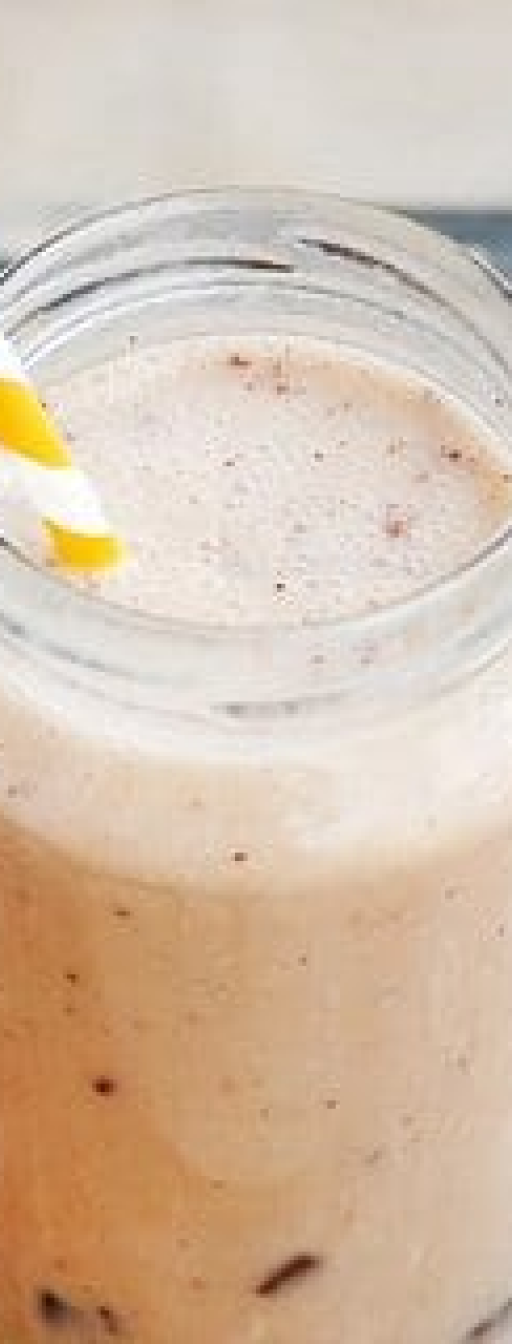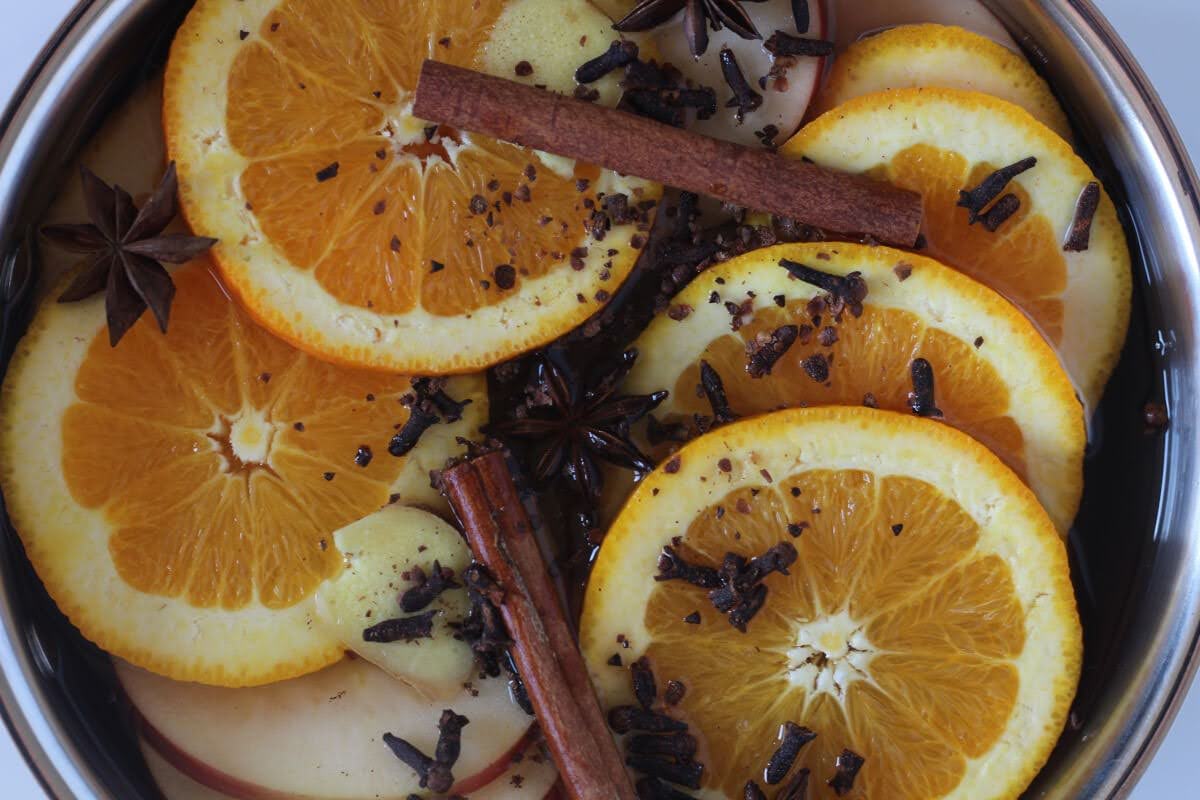Want to boost your energy for the day? Then this Adaptogenic Tropical Ginseng Smoothie is for you. Loaded with ginseng benefits and featuring mango, pineapple, and coconut, this revitalizing smoothie delivers a delicious taste of the tropics. Whether you’re looking for an energized start to your day or a healthy afternoon pick-me-up, this smoothie will nourish you with each sip.
What is ginseng?
Ginseng is an herb that has been revered in Traditional Chinese Medicine (TCM) for centuries. And its fleshy root is the star ingredient of this smoothie.
There are 13 different species of ginseng. But two are the most common: Asian ginseng (Panax ginseng) and American ginseng (Panax quinquefolius). Both species contain ginsenosides, the active compound that gives ginseng its health-promoting effects. However, Asian ginseng is stronger and more stimulating, while American ginseng is milder and more calming.
Exploring the health benefits of ginseng
Ginseng is an adaptogen, meaning it helps your body adapt to stress and maintain balance. Its botanical name Panax comes from Greek, and loosely translates to “cure-all.” The name fits, as ginseng boasts many health benefits, including:
Boost energy and fight fatigue
If you’re feeling sluggish or fatigued you may want to try ginseng. Animal and clinical studies show ginseng has anti-fatigue effects. In particular, ginseng shows promise as a natural treatment for chronic fatigue. The mechanisms behind ginseng’s fatigue-fighting benefits are unclear. But researchers believe it may be due to ginseng’s anti-inflammatory and antioxidant properties.
Enhance mental clarity and focus
Research suggests ginseng may also help sharpen cognitive function. One study compared people who took ginseng regularly to those who didn’t over five years. It found those who consumed ginseng often had better cognitive function later in life. But you don’t have to wait years to see benefits. In one small study, a single 200 mg dose of ginseng improved working memory in just 3 hours.
Support immune system function
Ginseng is said to have antibacterial and antiviral properties. Research suggests its immune-enhancing effects may help reduce the duration of cold and flu symptoms. Another study found ginseng helped increase the number of immune cells when taken regularly over eight weeks. That said, these studies were quite small, so more research is needed.
Balance blood sugar
Ginseng may help keep your blood sugar steady. One review found ginseng significantly lowered blood glucose levels in people without diabetes. Another study tested ginseng’s blood sugar-balancing effects on people with type 2 diabetes. They found that ginseng lowered blood glucose levels after meals compared to the control group.
Who should not take ginseng?
While ginseng comes with many health benefits, it’s not a good fit for everyone. It’s not recommended for children or women who are pregnant or breastfeeding.
In addition, since ginseng can lower blood sugar, people on diabetes medications should monitor their blood sugar carefully when taking ginseng. Otherwise, it could get too low.
Ginseng may also interact with certain medications, like blood thinners, MAO inhibitors, and immunosuppressants. So if you take any of these meds, it’s best to avoid ginseng.
Can you take ginseng every day?
You can take ginseng extract or drink ginseng tea every day for up to 2 months. After that, evidence shows it may lose its effectiveness. For this reason, many recommend taking it for 2-3 weeks and then taking a break for a week. Or you can simply take ginseng on the days you need a mental boost or energy lift.
There’s no standard dosage for ginseng. But many studies use a 200 mg dosage. So that’s a good place to start.
Ingredients spotlight
Ginseng isn’t the only health-boosting ingredient in this smoothie. Here are some of the other nutritional superstars in this recipe:
Mango and pineapple are packed with vitamin C
Mango and pineapple add a tropical flair to this smoothie. But they also deliver a powerful dose of vitamin C, an antioxidant that supports a healthy immune system. Combined, the mango and pineapple in this smoothie give you a whopping 77% of your daily vitamin C needs.
The pineapple in this smoothie also supports healthy digestion. Pineapple contains bromelain, a type of enzyme that helps your body break down protein.
Coconut for healthy fats
In keeping with the tropical theme of this smoothie, we’ve included a mix of coconut milk and coconut water.
Coconut milk is an excellent source of medium-chain triglycerides (MCTs), a type of fat linked with weight loss. Incorporating healthy fats in your smoothies not only makes them more satiating but it also reduces the glycemic load.
Coconut water adds a subtle sweetness to this smoothie while providing a boost of hydration. It’s rich in electrolytes like potassium, magnesium, and calcium.
Flaxseed for prebiotic fiber
Flaxseed makes a healthy gut-loving addition to any smoothie. It’s a great source of prebiotics, a type of fiber that feeds your beneficial gut bacteria. The fiber in flaxseed also helps keep your bowels moving, which is essential if you’re cleansing on Clean 21 or Clean 7. Together, with a scoop of our probiotic-packed Daily Shake Fermented, you have a winning good-for-your-gut combo.
Tropical Ginseng Smoothie Recipe
Prep time: 5 minutes
Makes 1 serving
Ingredients:
- ½ cup pineapple (fresh or frozen)
- ½ cup frozen mango
- ¾ cup cauliflower rice
- ¼ cup canned coconut milk
- ½ cup coconut water
- ½ tsp ginseng powder
- 1 tbsp flaxseed meal
-
1 scoop of Plain Daily Shake Fermented (or one Plain Cleanse Shake packet)
Directions:
If using fresh pineapple, core and cut the pineapple. Prep and measure the ginseng powder, mango, pineapple, coconut milk, coconut water, cauliflower rice, flaxseed meal, and Daily Shake.
Combine all the ingredients in a blender.
Blend on high for a minute or so until smooth and creamy. Ginseng has a strong flavor, so adjust the taste as needed. Add a few more pieces of pineapple if the ginseng tastes too strong.
Serve the smoothie in a large glass and garnish with a chunk of pineapple.
You can also turn this recipe into a delicious tropical smoothie bowl. Simply pour the smoothie into a bowl and top with dried coconut flakes, pineapple chunks, and a sprinkle of chia seeds.
Nutritional facts
- Calories: 399
- Protein: 23 g
- Fat: 17 g
- Carbs: 41 g
- Fiber: 9 g
- Sugar: 28 g
Enjoy this Tropical Ginseng Smoothie anytime you need a refreshing boost of energy, or simply want a delicious taste of the tropics.
Recipe and photography by Mindy Palmer.
If you like this recipe, you may also enjoy:
And be sure to check out our new and improved Daily Shake Fermented. Each scoop of this gut-friendly formula delivers 16 grams of fermented plant protein and 10 billion CFUs of probiotics, for optimal digestion and absorption. Learn more here.
Sources:
-
https://www.ncbi.nlm.nih.gov/pmc/articles/PMC7116968/
-
https://pubmed.ncbi.nlm.nih.gov/24467543/
-
https://www.ncbi.nlm.nih.gov/pmc/articles/PMC6567205/
-
https://www.ncbi.nlm.nih.gov/pmc/articles/PMC8151278/
- https://www.liebertpub.com/doi/10.1089/acm.2017.0361
-
https://www.ncbi.nlm.nih.gov/pmc/articles/PMC5968575/
-
https://pubmed.ncbi.nlm.nih.gov/25778987/
-
https://www.ncbi.nlm.nih.gov/pmc/articles/PMC7790873/
-
https://www.liebertpub.com/doi/10.1089/acm.2006.12.153
-
https://www.ncbi.nlm.nih.gov/pmc/articles/PMC7790881/
-
https://pubmed.ncbi.nlm.nih.gov/25265315/
-
https://pubmed.ncbi.nlm.nih.gov/25015735/
-
https://medlineplus.gov/druginfo/natural/967.html
-
https://pubmed.ncbi.nlm.nih.gov/11895046/
-
https://pubmed.ncbi.nlm.nih.gov/32544020/











